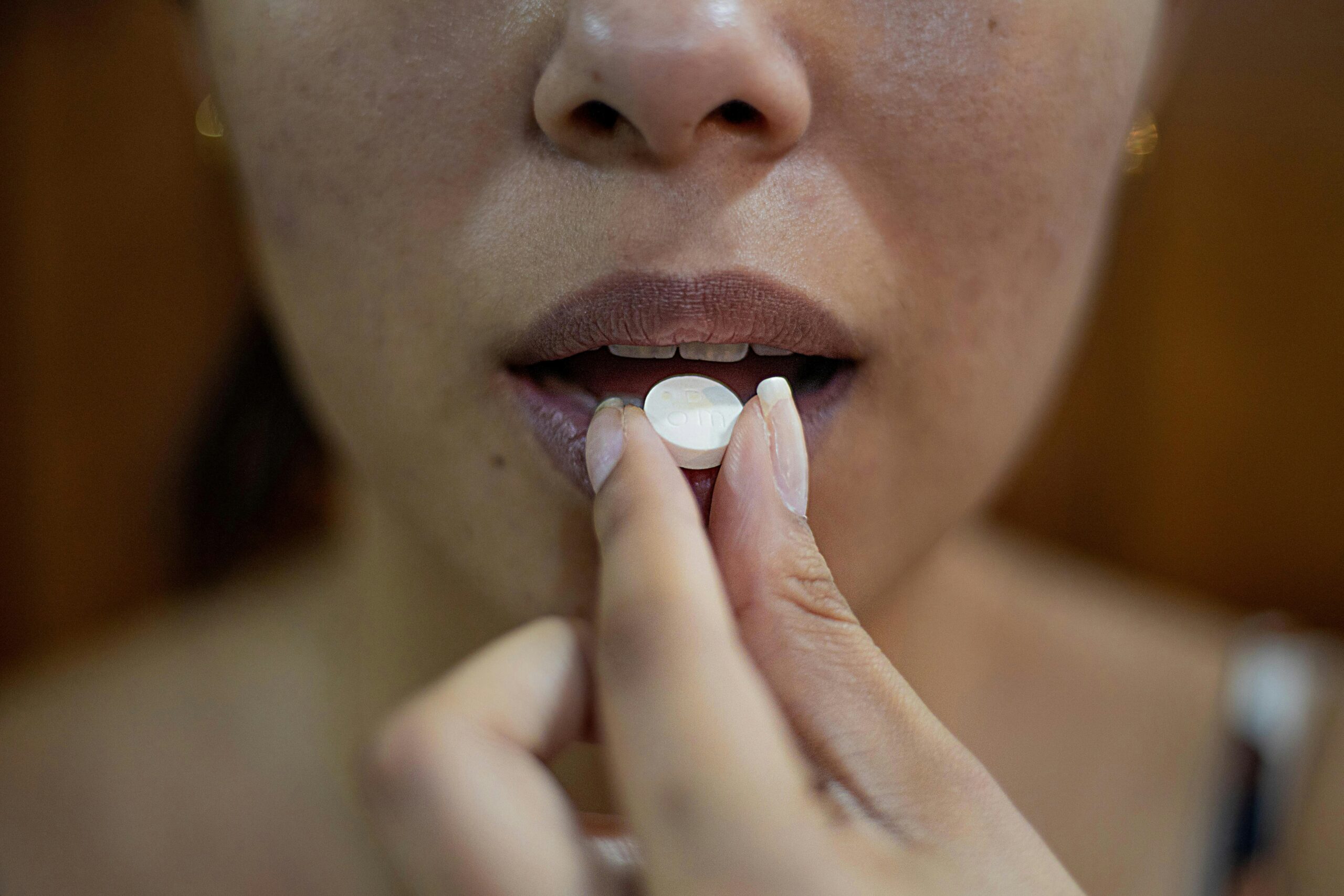
On Friday, the U.S. Food and Drug Administration (FDA) did not approve MDMA-assisted therapy to treat post-traumatic stress disorder (PTSD) even after clinical trials demonstrated efficacy in 71% of participants.
While not a total denial, the FDA issued a complete response letter (CRL) requesting a new phase 3 trial in response to the new drug application submitted by Lykos Therapeutics. Lykos is a public benefit company formed by the nonprofit Multidisciplinary Association for Psychedelic Studies (MAPS) that has been leading research and advocacy in the space since MDMA, also known as ecstasy, was made illegal in the 1980s. MAPS ran phase 2 clinical trials in Boulder.
While the contents of the letter have not been released, Lykos shared a statement Aug. 9.
“The FDA request for another study is deeply disappointing,” wrote Lykos CEO Amy Emerson, “not just for all those who dedicated their lives to this pioneering effort, but principally for the millions of Americans with PTSD, along with their loved ones, who have not seen any new treatment options in over two decades.”
This news was not a complete shock to the company, which had been bracing for a negative response since an FDA Advisory Committee voted 11 to 1 in June that benefits would not outweigh its risks.
Primary concerns from the committee focused on the design of the clinical trials. Participants were unblinded, meaning they likely knew if they had taken MDMA. Additionally, 40% of participants had prior experience with the drug, creating an expectation bias that could have augmented results.
While the phase 3 clinical trial reported that 71.2% of participants no longer met the diagnostic criteria for PTSD after 18 weeks, so too did 47.6% of the placebo group. The placebo group sat in the same extensive therapy setting as those who received MDMA, but received a sugar pill instead.
One of the innovations in using psychedelics in mental health is the power of these drugs to augment therapy, allowing patients to become more receptive to the insights and perspectives that could promote healing.
“Many individuals with PTSD experience difficulties participating in psychotherapy due to the requirement that they revisit their trauma multiple times,” said Dr. Neill Epperson, chair of psychiatry at CU Anschutz Medical Center, in an interview with Boulder Weekly. “Being able to face these experiences with the support of MDMA, in addition to a trusted therapist, can allow individuals to face their fears and see their trauma in a new light, one in which they do not feel like they are to blame for what has happened to them.”
The FDA was tasked with evaluating the efficacy of therapy enhanced by MDMA, not the drug on its own. However, the U.S. regulatory model gives the FDA jurisdiction on approving drugs, not psychotherapy, which is not regulated by any federal agency.
“Therapy is necessary in combination with MDMA because it helps clients to prepare for their journey, guides them through the actual medicine experience, and then works with the client in an ongoing fashion to integrate their psychedelic experience, helping them to process it, understand its significance, and apply these insights to daily life in the form of goals and actionable plans,” Ken Weingardt, PhD, a clinical psychologist who served in the Department of Veterans Affairs for nearly 20 years, wrote in response to emailed questions.
Beyond Lykos, there are dozens of drug companies attempting to gain FDA approval of other psychedelic compounds. Lykos was the first to complete clinical trials and submit an application to the FDA.
Lykos will appeal the decision with regulators but may eventually need to conduct another clinical trial at great expense, likely taking years to complete. For now, those suffering from PTSD will have to lean on decades-old approaches that have shown modest relief for the often debilitating symptoms.
In the company’s statement, Emerson wrote, “Our heart breaks for the millions of military veterans, first responders, victims of sexual and domestic abuse and countless others suffering from PTSD who may now face more years without access to new treatment options.”
Niko Skievaski (niko@altheapbc.com) is a Boulder resident and co-founder of Althea PBC, a software company seeking to support the regulated rollout of psychedelics in Colorado. He served on Denver’s Natural Medicine Work Group.
